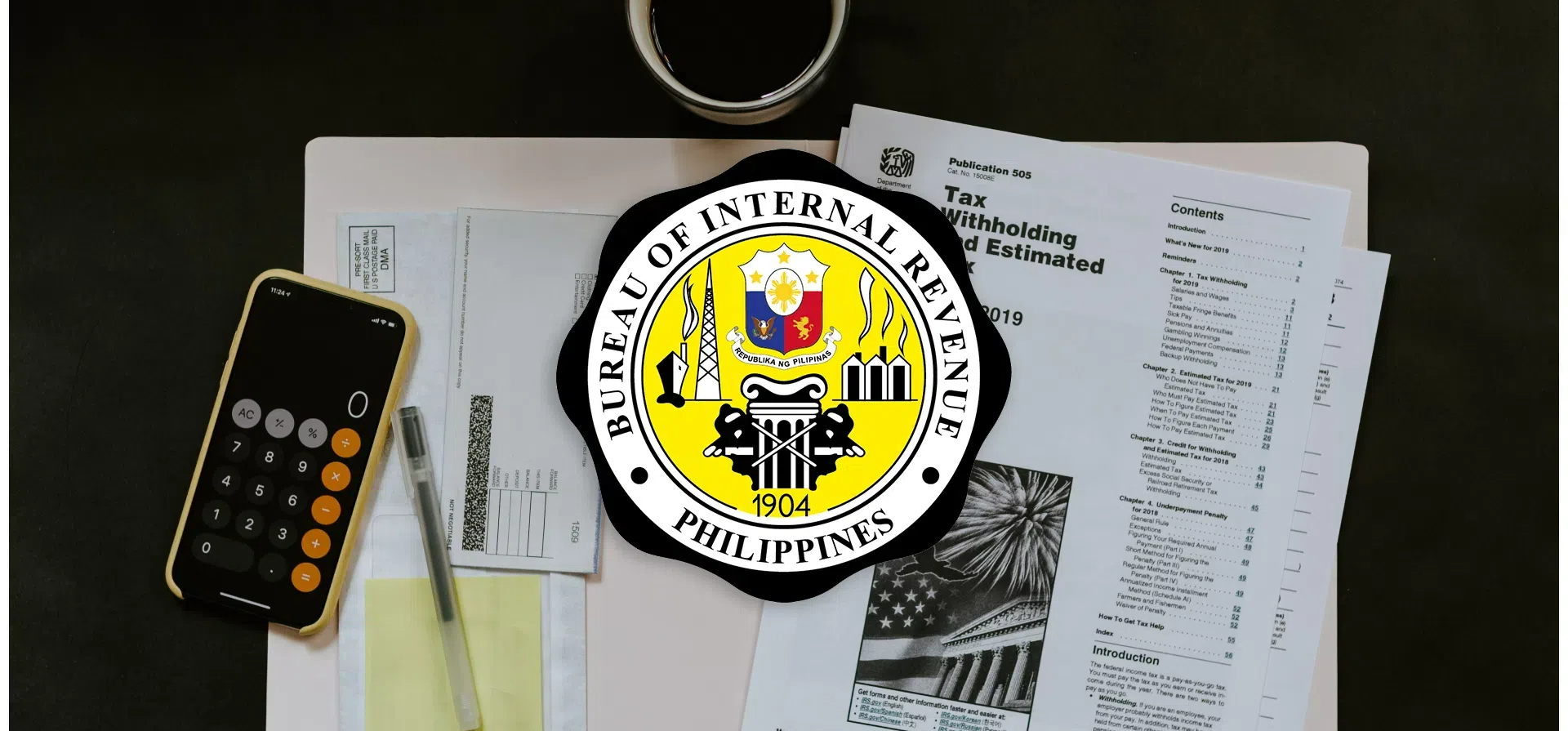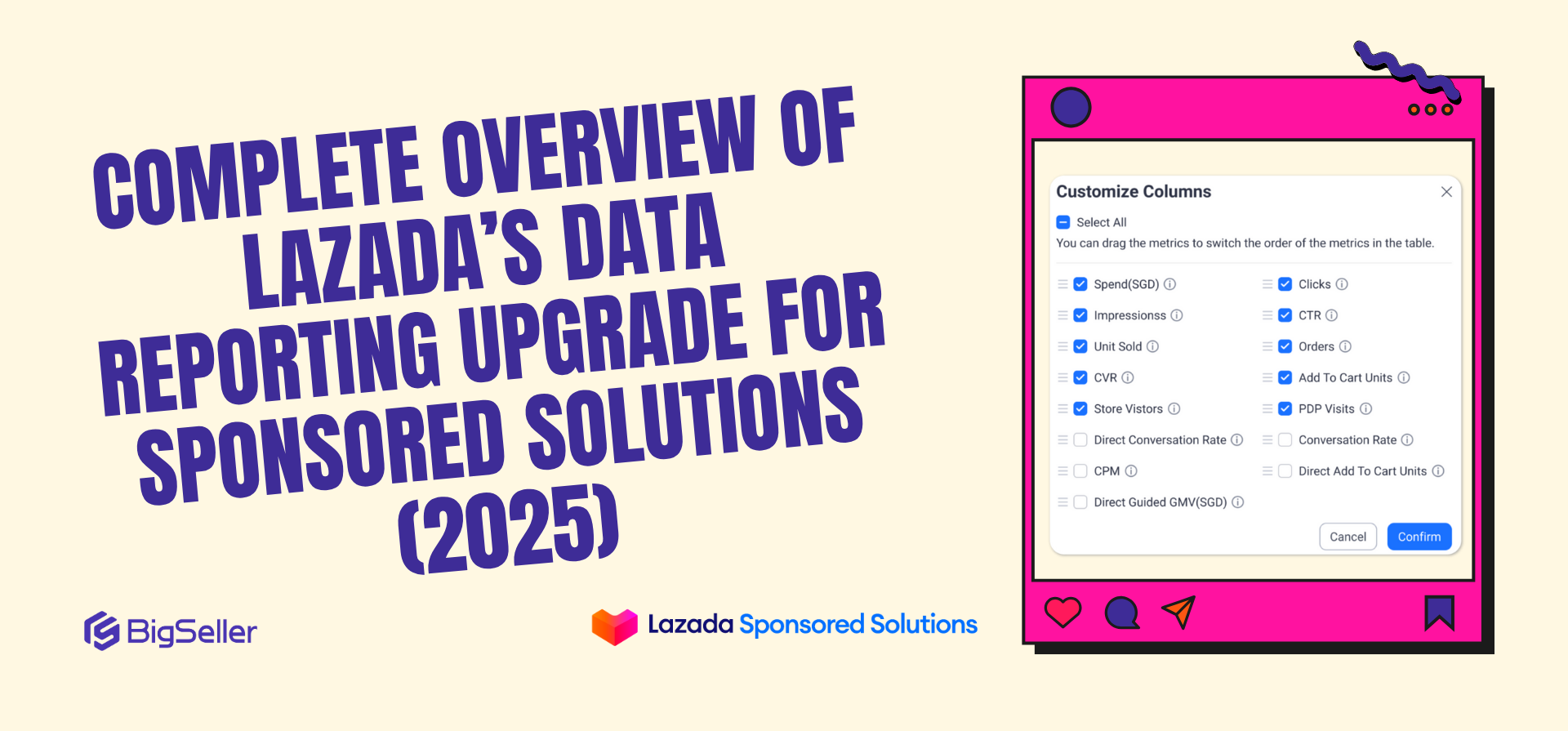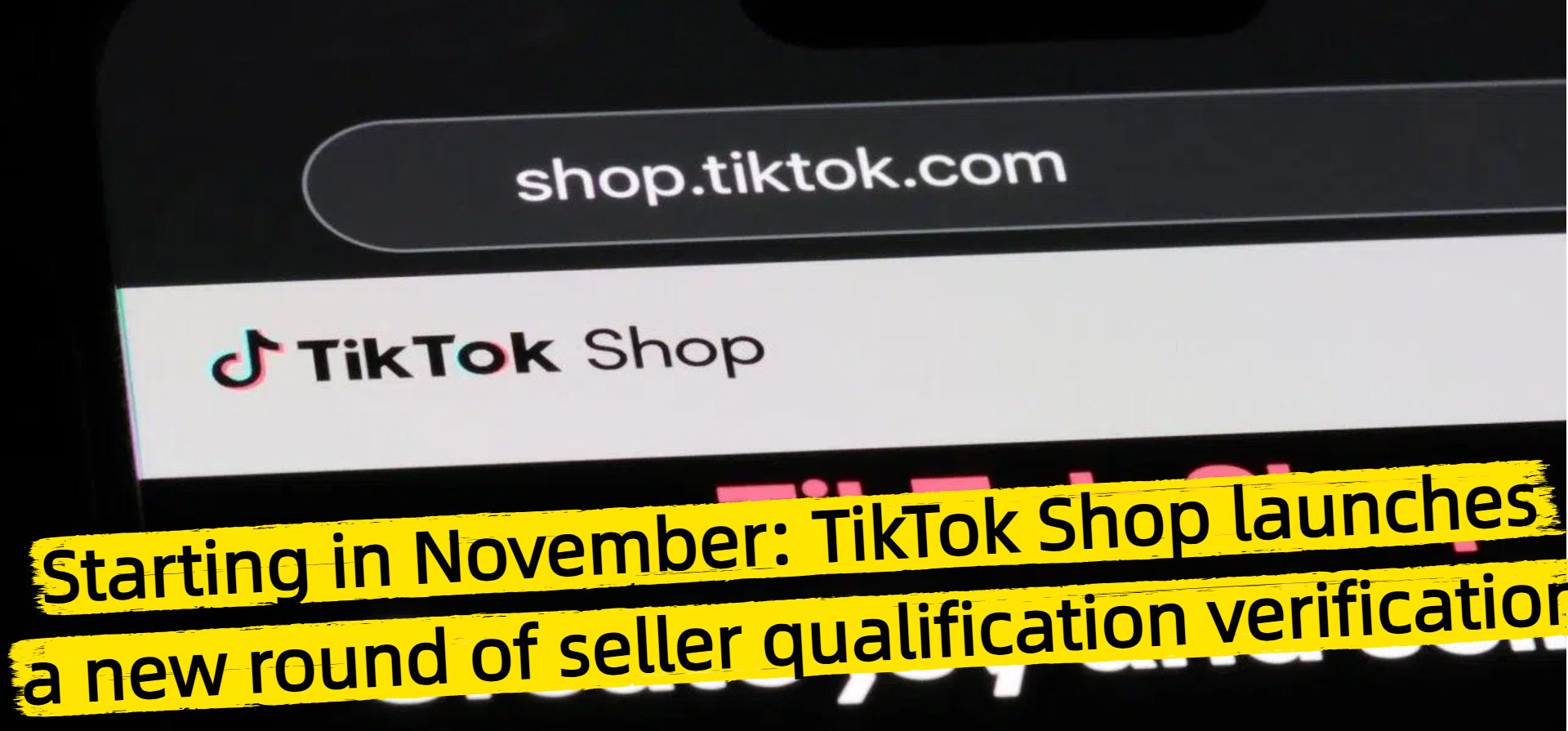Philippines will fully mandate e-invoicing on December 31, 2026
Jayson 06 Nov 2025 12:30ENCopy link & title
The Philippines' e-invoicing mandate is a gradual implementation by the Bureau of Internal Revenue (BIR) to digitize invoicing and sales reporting, with a new overall deadline of December 31, 2026 for many taxpayers. (Previous regulations set a March 14, 2026 deadline for some taxpayers.)
Businesses, notably major taxpayers, exporters, and e-commerce enterprises, must use the BIR's Electronic Invoicing System (EIS) to deliver invoices in structured JSON formats. Non-compliance may result in sanctions.
The Philippine Electronic Invoicing System (EIS) is a digital platform operated by the Bureau of Internal Revenue (BIR) for issuing and reporting electronic invoices and receipts, as required by the TRAIN Act. It enables qualifying taxpayers to send sales data directly to the BIR via a consolidated web-based system, thereby supporting tax compliance and audits. Key services include the digital transmission of official receipts, sales invoices, and debit/credit notes in standardized JSON format.
At the end of 2024, the government passed Republic Act 12066 (also known as CREATE MORE), which updated the original CREATE Act. The CREATE MORE law makes the Philippines an attractive corporate location by making the tax incentive system more competitive, investment-friendly, predictable, and transparent on a worldwide scale.
The BIR's decision is intended to create a more gradual and controlled implementation, allowing businesses to adapt without disrupting their operations. For many companies, this extension is undoubtedly welcome, as implementing a compliant e-invoice solution is a complex technical undertaking requiring significant financial work and even involving verification of e-invoice qualifications.
However, compliance experts caution businesses against using this as an excuse for delay. They encourage companies to make the most of this time to ensure a smooth transition before the final deadline.

To comply with the Philippine e-invoicing mandate, sellers must register with the Bureau of Internal Revenue (BIR)’s e-invoicing system, choose a compliant invoicing method, and integrate it with their business processes.
This can involve using the BIR's eSRS portal or working with an accredited service provider to ensure invoices are created in the required JSON format and submitted within the specified timeframe.
Steps to apply for the e-invoicing mandate:
1. Determine eligibility and requirements:
2. Register for the e-invoicing system:
3. Choose and integrate an e-invoicing solution:
4. Integrate into business operations:
Conclusion:
In the foreseeable future, financial compliance will be a challenge faced by every e-commerce seller. The earlier the relevant processes are planned, the better they can gain a competitive edge in the market, and a good ERP system can play a significant role in this.

Businesses, notably major taxpayers, exporters, and e-commerce enterprises, must use the BIR's Electronic Invoicing System (EIS) to deliver invoices in structured JSON formats. Non-compliance may result in sanctions.
1. What is Philippine Electronic Invoicing System (EIS)?
The Philippine Electronic Invoicing System (EIS) is a digital platform operated by the Bureau of Internal Revenue (BIR) for issuing and reporting electronic invoices and receipts, as required by the TRAIN Act. It enables qualifying taxpayers to send sales data directly to the BIR via a consolidated web-based system, thereby supporting tax compliance and audits. Key services include the digital transmission of official receipts, sales invoices, and debit/credit notes in standardized JSON format.
At the end of 2024, the government passed Republic Act 12066 (also known as CREATE MORE), which updated the original CREATE Act. The CREATE MORE law makes the Philippines an attractive corporate location by making the tax incentive system more competitive, investment-friendly, predictable, and transparent on a worldwide scale.
2. What does this extension mean for businesses?
The BIR's decision is intended to create a more gradual and controlled implementation, allowing businesses to adapt without disrupting their operations. For many companies, this extension is undoubtedly welcome, as implementing a compliant e-invoice solution is a complex technical undertaking requiring significant financial work and even involving verification of e-invoice qualifications.
However, compliance experts caution businesses against using this as an excuse for delay. They encourage companies to make the most of this time to ensure a smooth transition before the final deadline.

3. How can sellers apply for e invoice mandate
To comply with the Philippine e-invoicing mandate, sellers must register with the Bureau of Internal Revenue (BIR)’s e-invoicing system, choose a compliant invoicing method, and integrate it with their business processes.
This can involve using the BIR's eSRS portal or working with an accredited service provider to ensure invoices are created in the required JSON format and submitted within the specified timeframe.
Steps to apply for the e-invoicing mandate:
1. Determine eligibility and requirements:
- Assess if your business is required to comply based on the e-invoicing system's implementation plan.
- Registered taxpayers who are already using electronic invoicing systems or are involved in electronic commerce are often included in the mandate.
2. Register for the e-invoicing system:
- Register your business on the BIR's eSRS portal.
- Alternatively, use the Cross-border E-invoicing (CEI) system for transactions involving imports.
3. Choose and integrate an e-invoicing solution:
- Use a BIR-compliant invoicing software: This could be the BIR's eSRS portal or a third-party solution.
- Work with an accredited service provider: Companies can work with accredited service providers to implement a compliant e-invoicing system that can automatically report data to the BIR.
- Ensure correct format: All e-invoices must be in the correct JSON format for seamless validation by the BIR.
4. Integrate into business operations:
- Train employees on how to issue electronic invoices and handle the new reporting process.
- Ensure your system can submit e-invoices to the BIR within three days of issuance.
- Retain digital records for at least 10 years, with printed backups required for the first five years.
Conclusion:
In the foreseeable future, financial compliance will be a challenge faced by every e-commerce seller. The earlier the relevant processes are planned, the better they can gain a competitive edge in the market, and a good ERP system can play a significant role in this.
BigSeller is the ultimate FREE e-commerce ERP for Southeast Asian sellers, designed to supercharge your business. Streamline everything in one place—from product listings and order processing to inventory management, financial tracking, and automated operations.
Vist our website to know more 👉BigSeller ERP
Vist our website to know more 👉BigSeller ERP

BigSeller-Blog Senior Writer: Jayson
Sir Jayson has worked in well-known e-commerce companies such as Shopee and TikTok Shop, helping hundreds of sellers to deepen their e-commerce industry, expand their business, and eventually become high-quality sellers.


